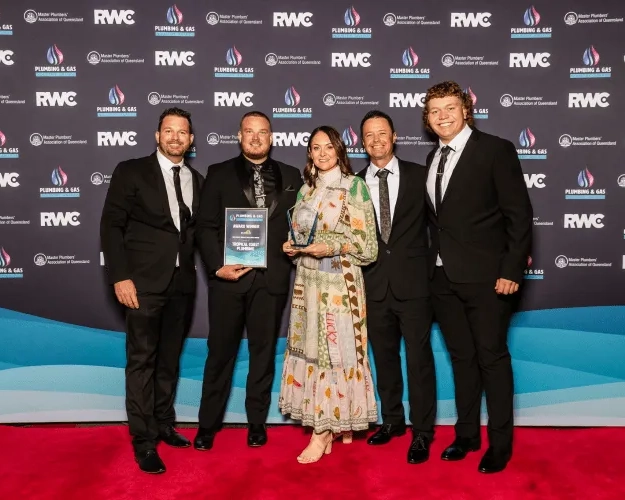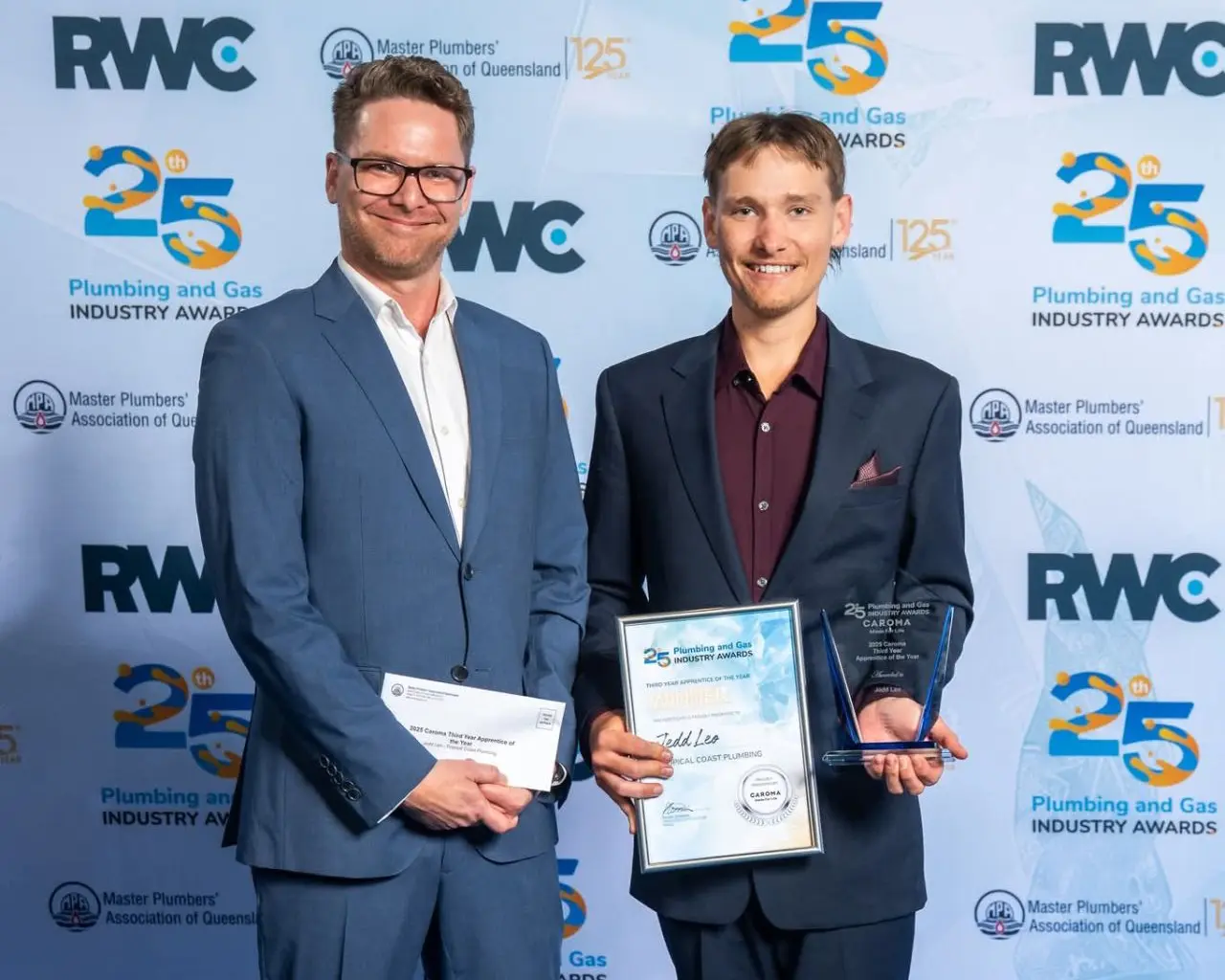

How to know if you have a water leak?
These can end up being very costly damages in the long term if not fixed immediately. Using our various leak-detecting technologies, we will be able to source the leaks and fix them ASAP.
Whether they are underground or in the ceiling, give Tropical Coast Plumbing a call for an accurate assessment and reasonable pricing.
Our professional plumbers can spot water leaks early on and repair them before they have a chance to cause any major damage. They also understand the importance of preventing further damage and will even suggest ways to protect your home from future water leaks.
By detecting water leaks early, we can help you save money by preventing costly damage to your property. Our thorough leak detection services willidentify and fix leaks quickly.
Our services are comprehensive and cover all types of leaks, no matter how big or small. Leaks can occur anywhere, our services are not limited, whether your leak is underground or in the ceiling, we have you covered.
Our professional plumbers will give you peace of mind that your plumbing system is in top condition. You'll know that your property is safe from leaks and water damage, and you can relax knowing that your plumbing is in good hands.
Our plumbers are leak detection specialists and will provide you with expert advice on how to maintain your plumbing system properly. We'll give you tips on how to prevent leaks and keep your plumbing running smoothly, so you can avoid costly repairs down the line.
Tropical Coast Plumbing are experienced and trusted professionals that can service all your plumbing issues and create a solution to suit your home or business.
By using the latest technology and equipment to locate and clear blocked drains, find leaks and broken pipes, we can accurately diagnose issues in order to efficiently repair or replace what is needed.
We respect and protect your property with minimal excavation work and disturbance to your yard and home. Reach out today!
Yes, you will get a detailed report with test results and recommendations for repair if required.
Included in the test and report will be a condition check of fittings and fixtures in the bathroom, and a spray and dye test of the shower to look for any waterproofing issues. We also complete pressure tests to check if there are any internal leaks.
We are the Industry Leader and have awards to prove it.


